Thistle and Crown Vetch
pagirl
18 years ago
Featured Answer
Sort by:Oldest
Comments (12)
cstlouis
18 years agoRelated Professionals
Wrentham Landscape Architects & Landscape Designers · Paradise Landscape Architects & Landscape Designers · Allentown Landscape Contractors · Belvedere Park Landscape Contractors · Chesapeake Ranch Estates Landscape Contractors · Downey Landscape Contractors · Harvey Landscape Contractors · Hawthorne Landscape Contractors · Hollywood Landscape Contractors · Madera Landscape Contractors · New Providence Landscape Contractors · Saint John Landscape Contractors · San Benito Landscape Contractors · Selden Landscape Contractors · Soddy Daisy Landscape Contractorspagirl
18 years agophacops
18 years agonaturelover777
16 years agosqueezo
16 years agoambbutterfly
16 years agoKimmsr
16 years agopalomineo
10 years agokimpa zone 9b N. Florida.
10 years agoKimmsr
10 years ago2tnt
9 years ago
Related Stories

EDIBLE GARDENSNatural Ways to Get Rid of Weeds in Your Garden
Use these techniques to help prevent the spread of weeds and to learn about your soil
Full Story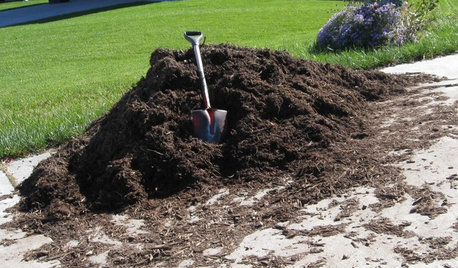
FRONT YARD IDEASBefore and After: Front Lawn to Prairie Garden
How they did it: Homeowners create a plan, stick to it and keep the neighbors (and wildlife) in mind
Full Story
GARDENING GUIDESHow to Switch to an Organic Landscape Plan
Ditch the chemicals for a naturally beautiful lawn and garden, using living fertilizers and other nontoxic treatments
Full Story
STANDARD MEASUREMENTSKey Measurements: Hallway Design Fundamentals
Whether narrow or wide, hallways can be enhanced with built-ins, artwork and distinctive lighting fixtures
Full Story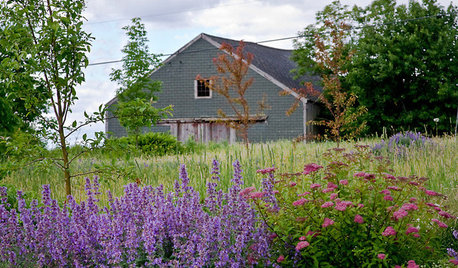
GARDENING AND LANDSCAPINGLandscape Tour: Two Acres of Rural Hillside in Maine
An orchard of crab apples, a grove of sugar maples, even a hayfield ... pastoral landscape beauty doesn't get more idyllic than this
Full Story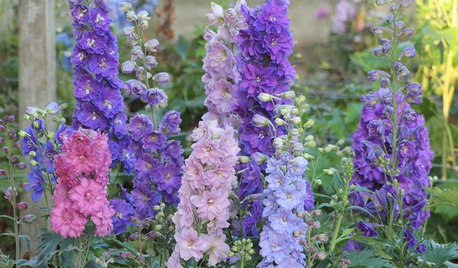
GARDENING GUIDES6 New Plant Varieties That Beat Out Their Parents
With better resistance and fewer demands, these garden beauties are worth a spot on your wish list
Full Story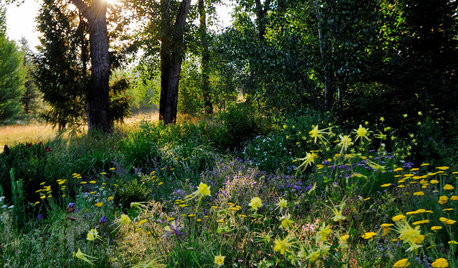
NATIVE PLANTSWhy Aggressive Plants Might Actually Be Your Friends
Sometimes a garden thug is exactly what’s called for
Full Story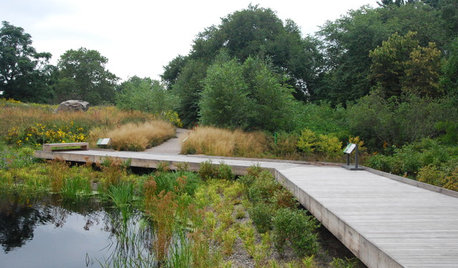
GARDENING GUIDESLet's Weed Out 4 Native Plant Myths
Plant wisely for a garden that supports pollinators and requires less work
Full Story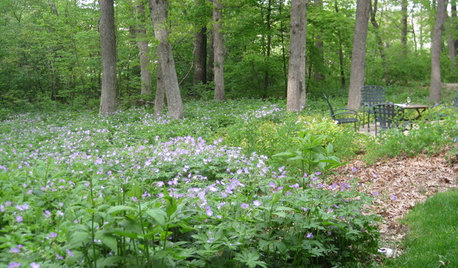
GARDENING GUIDESWe Bust 4 More Native Plant Myths
Have you been taken in by these fallacies about gardening with native plants?
Full Story
WORKING WITH PROSWhat Do Landscape Architects Do?
There are many misconceptions about what landscape architects do. Learn what they bring to a project
Full Story






Judy_B_ON